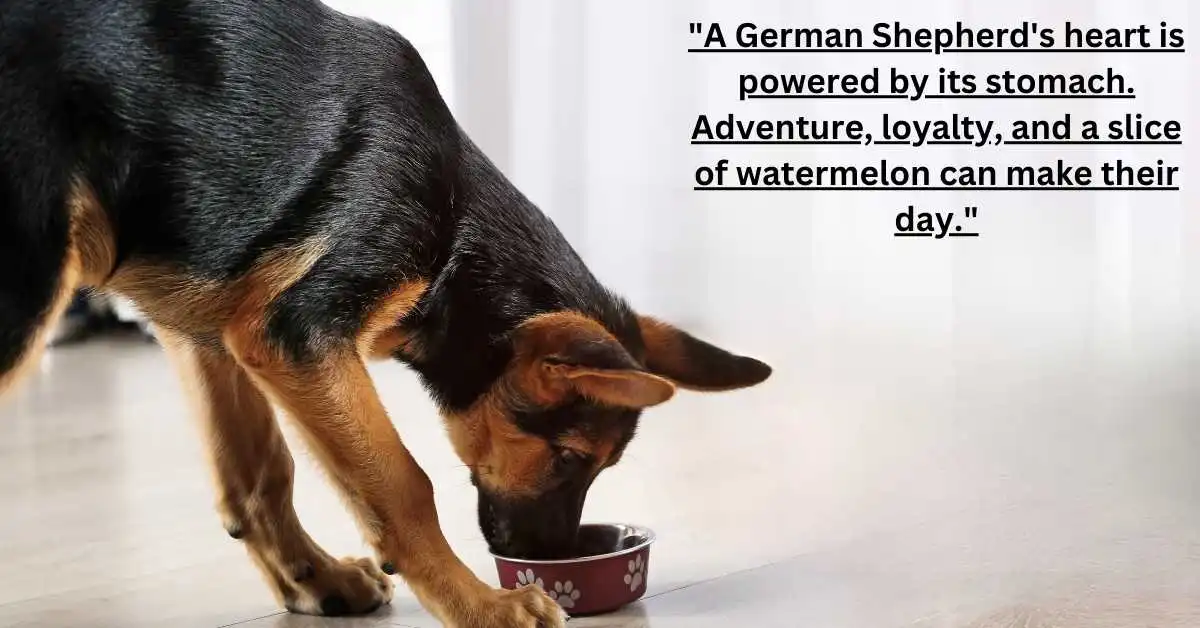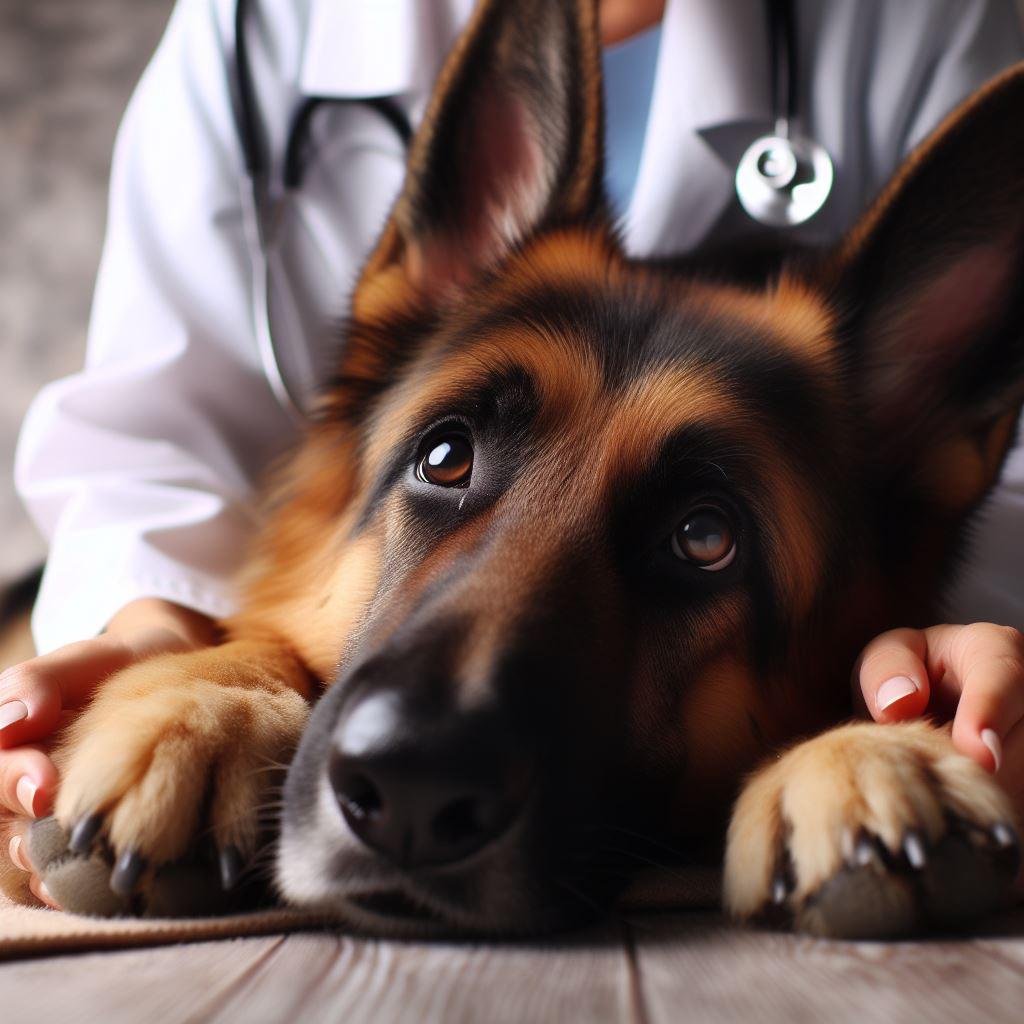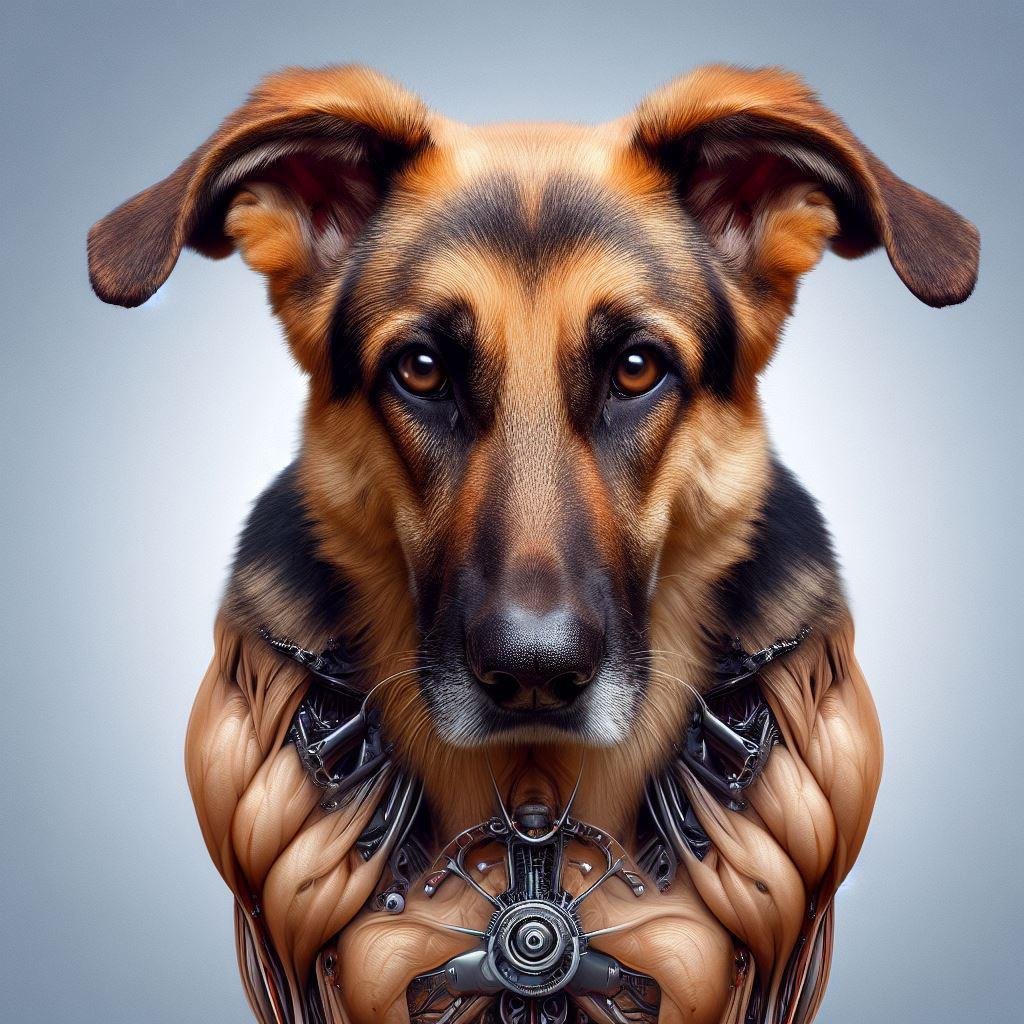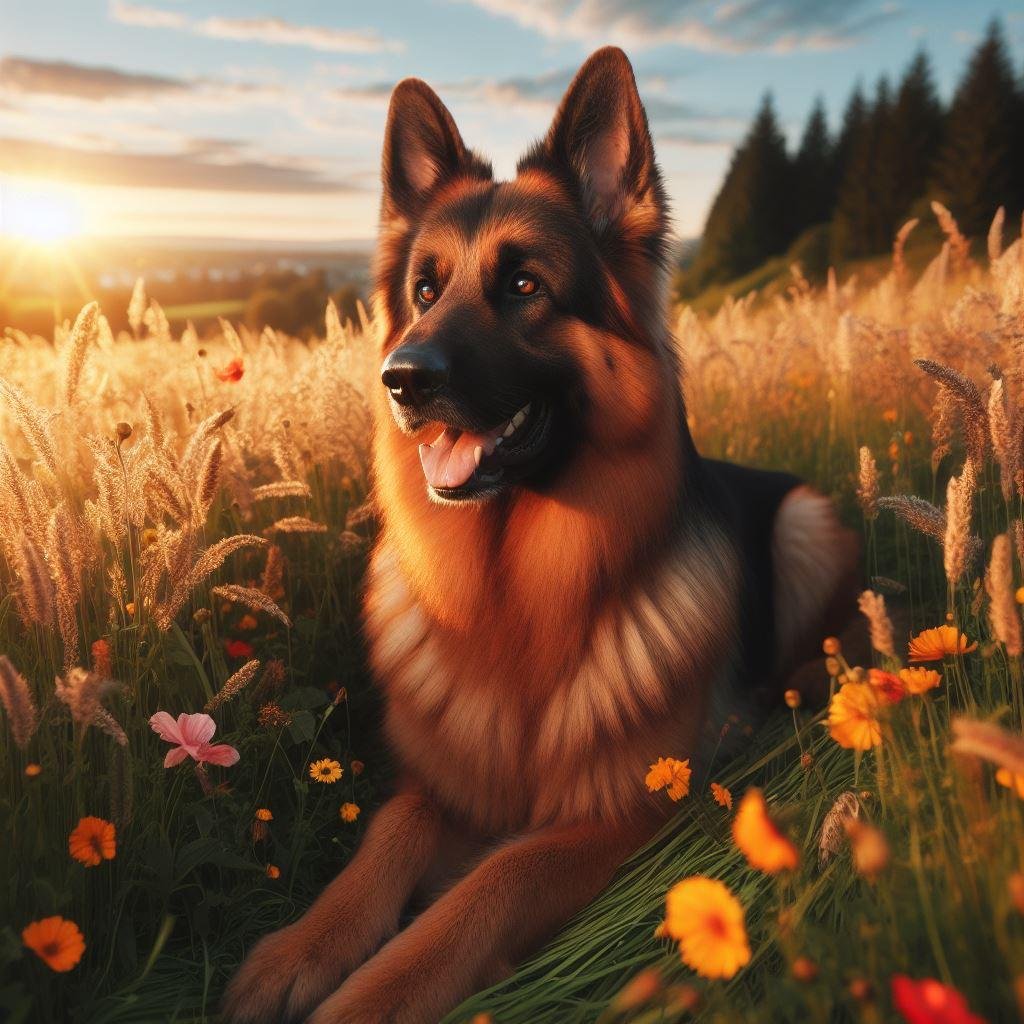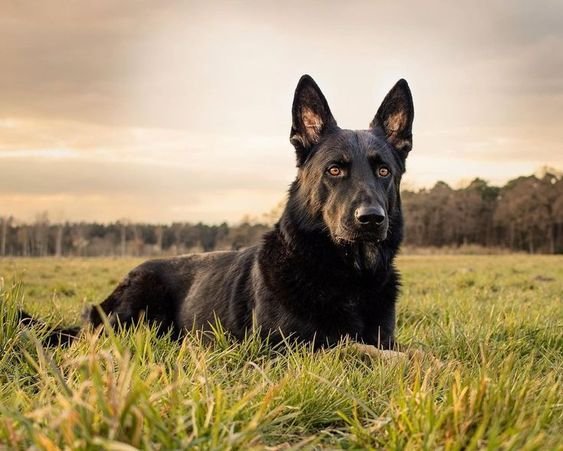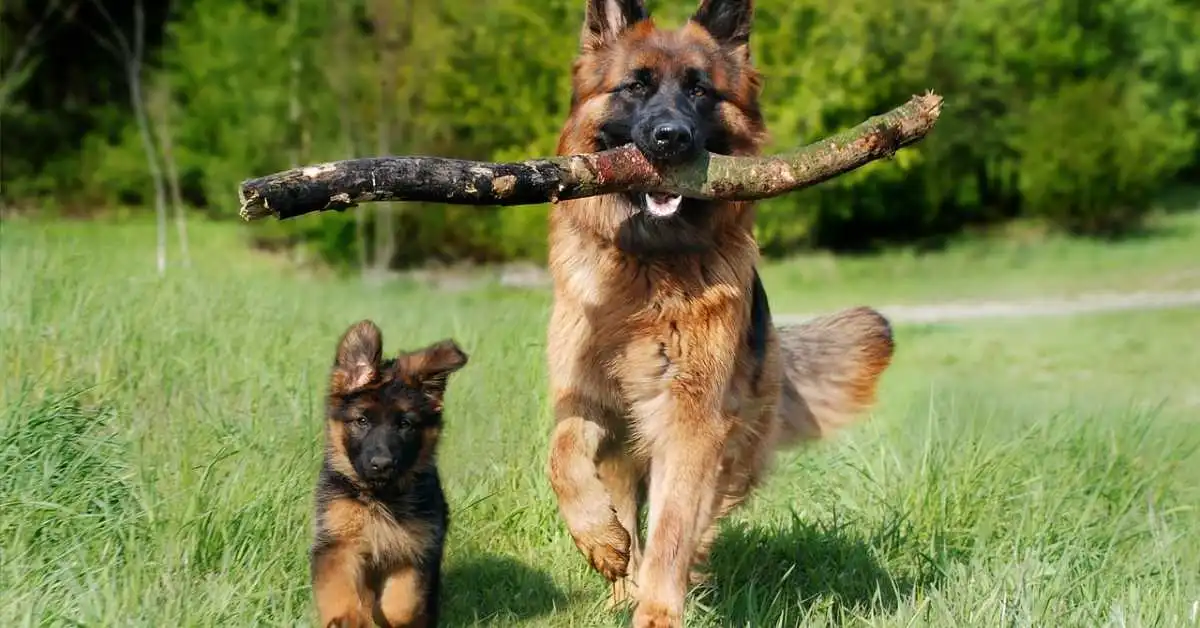Solving the Mystery of German Shepherds Eating Poop
There could be a general reason why your German Shepherd has eaten poop. It could be due to stress, boredom, or anxiety. Sometimes, they might be trying to get extra vitamins or minerals they’re not getting from their food, especially if it’s poor quality. German Shepherds, like all dogs, use their sense of smell and taste as their hands to explore the world. It’s difficult for us to comprehend wildly when they’re kissing us in the face to greet us or holding objects like toys and balls in their teeth while playing. Eating poop is just another approach for your dog to investigate out of curiosity. It’s usually safe, but it can sometimes make them sick. If you’re concerned about your German Shepherd eating poop, it’s always best to find out more about this strange dog behavior. Is it normal for dogs to eat poop? Yes, it is more common than you might assume. Coprophagia, the scientific term for poop consumption, isn’t as uncommon in dogs as one would possibly expect. A 2018 look published in Veterinarian Medicine and Science found that of the respondents, around 16% stated their dogs as common stool eaters who had been caught consuming poop at least six times, even as nearly 77% of the owners mentioned never seeing this behavior in their puppies. So, why do dogs eat poop? One of the motives may be traced back to their ancestry. For example, nursing female dogs would possibly consume the feces of their infants to preserve the den. According to PetMD, another reason is probably that puppies, like different animals, including horses, see feces as a supply of nutrients. However, PetMD warns that this behavior has to be discouraged as it exposes puppies to harmful microorganisms. Why does my German Shepherd eat poop? While it can be unsettling to have a look at, your German Shepherd eating his poop is a reasonably popular behavior among animals, including dogs. There are numerous reasons why your German Shepherd would engage in this act. One aspect will be the canine’s instinct. In the wild, canines devour their feces to remove proof of their presence, lowering their chances of attracting predators. Another cause might be a loss of positive vitamins or dietary deficiencies. Consuming their poop can be an erroneous endeavor via your canine to top off these lacking nutrients. If you’ve observed your German Shepherd displaying this behavior frequently, addressing it appropriately, which includes enhancing their weight loss plan or increasing intellectual stimulation to prevent boredom, is important. Remember, whilst it’s an expected behavior, frequent overall performance can lead to health troubles due to the capacity ingestion of dangerous microorganisms found in feces. Diet The dietary habits of your German Shepherd can be a significant factor in the practice of coprophagia. An unbalanced diet or low-quality dog food lacking essential nutrients might be causing your dog to seek those nutrients in their stool. Consider improving their diet or introducing pet-friendly nutrient supplements. Drugs Certain veterinary medications can alter your dog’s taste buds or increase their appetite, causing them to consume feces. If your German Shepherd started eating poop after beginning a new medication, you may want to consult your vet about potential side effects and solutions. Stress Stress and anxiety can lead to many abnormal behaviors in dogs, including eating feces. If your dog changes their environment or routine, they may respond by using this behavior as a coping mechanism. Provide a safe, calm, and stable environment for your pet. Instinct In the wild, dogs often consume their feces as a natural survival instinct to prevent predators from detecting their presence. While domesticated dogs no longer need these instincts, they may still display this behavior out of a hard-wired impulse. Anxiety Anxiety can cause a range of erratic behaviors in dogs, including coprophagia. If your pup is eating poop out of nervousness or fear, it’s crucial to identify and deal with the root cause of their anxiety to alleviate the symptoms. Diabetes Medical conditions like diabetes can increase your dog’s appetite, leading them to seek out other food sources, including feces. Regular vet checkups can help diagnose and manage such health issues proactively. Boredom Dogs often resort to undesirable behavior when they’re bored or don’t get enough mental stimulation. If your German Shepherd is eating poop out of boredom, try increasing their playtime, exercise, and mental stimulation. Parasites Parasites can rob your dog of essential nutrients from their food, causing them to eat feces to regain lost nutrients. Regular deworming and fecal tests can help keep parasites in check. Malabsorption Syndrome If your pet suffers from malabsorption syndrome, they may be unable to absorb nutrients from their food. This can cause them to eat feces to get more nutrients. Consult a vet if you suspect your dog has malabsorption issues. Did you know? Like many other dogs, German Shepherds have a peculiar preference regarding feces consumption. A surprising 92 percent of poop eaters gravitate towards the ‘fresh stuff’ that is only one to two days old. This preference can significantly reduce the chance of the dog keeping its environment clean, a trait many dog owners desire. Seeing your German Shepherd indulge in such habits can be distressing, but understanding this behavior from the canine’s perspective can provide peace of mind. It’s crucial to remember that, for them, this instinctual behavior doesn’t carry the same negative connotations as it does for us. Why does my German Shepherd eat other dog’s poop? My German Shepherd has quite an unsettling habit—he eats other dogs’ feces. At first, I was perplexed: why on earth would my adult dog develop such peculiar behavior? But after thorough research, I discovered he might be searching for nutrients. Like many animals, dogs can identify nutrient-rich sources, even if they come in unpleasant forms such as feces. This behavior is particularly prevalent when their current diet is deficient in nutrition. So, if you notice your German Shepherd showing a similar interest in other dogs’ or even … Read more
